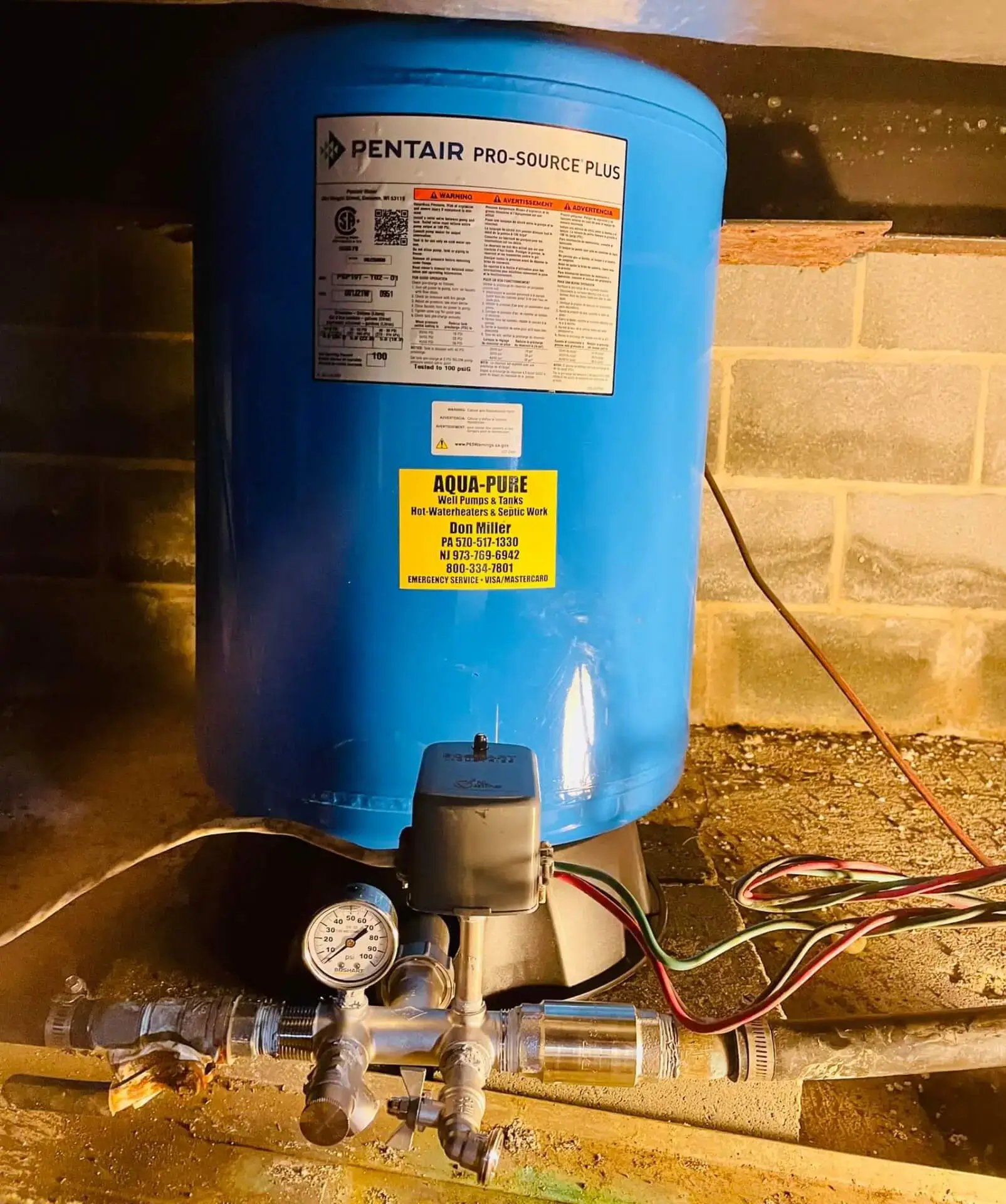Cutting-Edge Water Filtration Systems: Promoting Healthier Living Settings
Cutting-Edge Water Filtration Systems: Promoting Healthier Living Settings
Blog Article
Recognizing the Secret Components of Effective Water Filtration Equipments

Significance of Water Filtering Solution
Water purification systems play an important function in ensuring accessibility to clean and safe drinking water by efficiently getting rid of impurities and contaminations. These systems are important in dealing with the growing worries over water high quality and the prospective health and wellness risks connected with eating infected water. By using different purification mechanisms such as reverse osmosis, activated carbon, and UV sterilization, water purification systems can effectively get rid of damaging substances like bacteria, viruses, heavy steels, and chemicals from the water supply.
Furthermore, water purification systems help to boost the taste and smell of water by getting rid of chlorine, sediments, and other contaminants that can affect its high quality. Water Treatment. This improvement in water top quality not just makes it more tasty but additionally motivates individuals to consume an ample amount of water daily, advertising better hydration and general wellness
Kinds of Filtering Components

Physical filters are designed to physically strain out pollutants from the water. These filters can be constructed from materials like ceramic, carbon, or also sand, and they work by trapping particles bigger than the filter's pores as water travels through.
Chemical filters utilize different chemical procedures to remove contaminants from the water. Examples include activated carbon filters, which adsorb contaminations, and turn around osmosis membranes, which use stress to different contaminants from the water.
Organic filters utilize living organisms like microorganisms or algae to damage down natural matter and contaminants in the water. These filters are often made use of in wastewater treatment plants or natural water filtration systems.
Comprehending the different sorts of filtration elements is vital for choosing the most ideal water filtering system for details purification requirements.
Function of Sediment Filters
Sediment filters play a critical role in water filtering systems by properly catching strong fragments suspended in the water. These filters are typically the initial line of protection in a purification system, getting rid of larger fragments such as sand, silt, dirt, and corrosion prior to the water relocates via finer purification stages. By capturing these sediments, the filters stop them from getting to downstream elements, therefore extending the life-span and performance of the entire system.
Disregarding this maintenance can lead to clogging, lowered water flow, and jeopardized filtering efficiency. On the whole, debris filters are crucial components that contribute considerably to the efficiency of water purification systems.
Duty of Triggered Carbon Filters
Playing article source an essential duty in water filtering systems, activated carbon filters are critical in browse around this site removing impurities and pollutants from the water supply. As water passes through the filter, the activated carbon brings in and holds onto the pollutants, making certain that the water that comes out on the other side is cleaner and safer for usage.
Triggered carbon filters are highly effective at improving the preference and odor of water by decreasing chemicals that can impact its high quality. They are additionally qualified of getting rid of certain heavy metals like lead and mercury. In addition, these filters can assist stop the buildup of bacteria and algae in water, additional improving its general high quality. Because of their flexibility and dependability, activated carbon filters are a crucial component in making sure that water is detoxified to the highest possible requirements prior to reaching consumers.
Understanding Reverse Osmosis Equipments
Reverse osmosis systems are innovative water filtering systems that use a sophisticated procedure to remove pollutants and impurities from alcohol consumption water. These systems work by applying pressure to the water, compeling it through a semi-permeable membrane layer. This membrane layer works as an obstacle, enabling only distilled water molecules to go through, while blocking bigger particles such as minerals, chemicals, and other contaminations. Because of this, the water that appears beyond is substantially cleaner and much safer for consumption.
One key benefit of reverse osmosis systems is their capability to remove a variety of contaminants, consisting of hefty metals, liquified bacteria, solids, and viruses. This makes them very reliable in boosting the general quality and safety of alcohol consumption water. Furthermore, reverse osmosis systems are reasonably low-maintenance and can be mounted under the sink or in a central filtering Continued system, offering convenient access to clean water throughout the household. Overall, understanding exactly how reverse osmosis systems work can assist individuals make informed decisions regarding their water filtration needs.
Verdict
In conclusion, efficient water filtration systems are crucial for ensuring risk-free and clean drinking water. By recognizing the function and function of each part, individuals can make enlightened choices when choosing a water purification system.
Water filtering systems play an essential role in making certain access to clean and secure alcohol consumption water by successfully eliminating contaminants and impurities. By utilizing various filtration systems such as reverse osmosis, activated carbon, and UV sanitation, water filtering systems can effectively remove unsafe materials like bacteria, viruses, hefty metals, and chemicals from the water supply.
Sediment filters play an important role in water purification systems by successfully recording solid particles suspended in the water (Water Softeners).Playing an essential function in water purification systems, turned on carbon filters are important in getting rid of impurities and contaminants from the water supply.Reverse osmosis systems are innovative water filtering systems that use an innovative procedure to get rid of impurities and contaminations from drinking water
Report this page